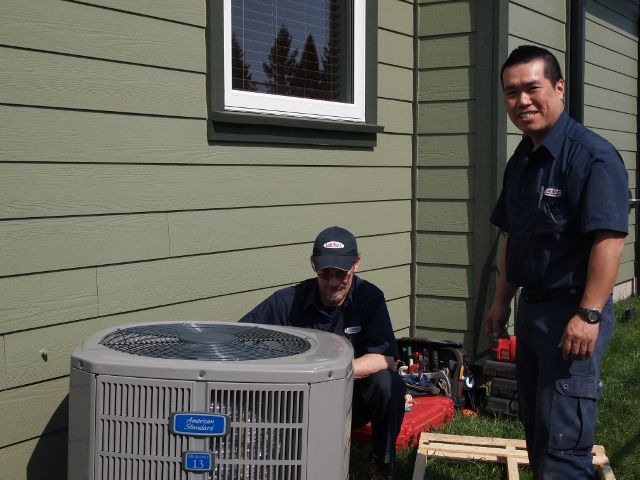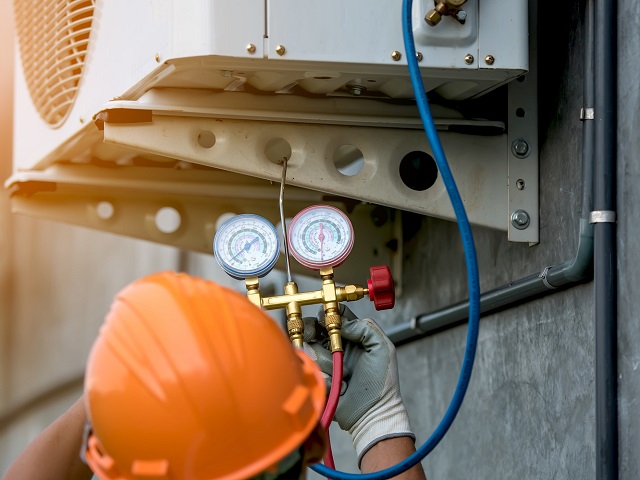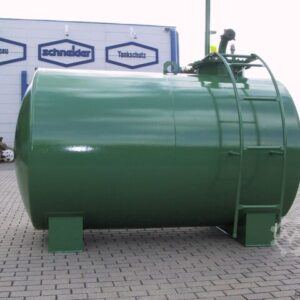In the scorching heat of summer or the biting cold of winter, our reliance on air conditioning systems becomes more evident than ever. However, the efficiency and longevity of these systems depend significantly on a component we often overlook – the air filter. Understanding the role of filters in AC performance and repair is crucial for maintaining a comfortable indoor environment and ensuring your system’s optimal functioning.
The Unsung Heroes: AC Filters
Air conditioning filters play a pivotal role in maintaining the air quality inside your home or office. These seemingly simple components are the unsung heroes of your AC system. They serve multiple purposes that directly impact performance and repair needs.
1. Air Quality Improvement
One of the primary functions of AC filters is to trap dust, dirt, pollen, and other airborne particles. This not only prevents these contaminants from circulating in your living or working space but also contributes to better indoor air quality. Clean air reduces the risk of respiratory issues and allergies, promoting a healthier environment.
2. Enhanced System Efficiency
Filters act as the first line of defense against debris entering the AC unit. When these contaminants accumulate on the filter, they can obstruct airflow, causing the system to work harder to cool or heat the space. Regularly changing or cleaning filters ensures proper airflow, thereby enhancing the efficiency of your AC system.
3. Extended Lifespan of AC Components
A well-maintained filter doesn’t just contribute to efficient performance; it also extends the lifespan of critical AC components. Reduced strain on the system means less wear and tear on components like the compressor and fan, leading to fewer breakdowns and repair issues over time.
Signs of a Clogged Filter
Understanding when your AC filter requires attention is vital for preventing performance issues and costly repairs. Look out for these signs indicating a clogged or dirty filter:
- Reduced Airflow: If you notice a decrease in the airflow from your vents, it could be a sign that the filter is obstructed.
- Increased Energy Bills: A clogged filter forces the AC system to work harder, leading to higher energy consumption and increased utility bills.
- Inconsistent Temperature: If some rooms are cooler or warmer than others, it may be due to a filter impeding the system’s ability to distribute air evenly.
- Strange Odors: Accumulated dust and debris on a filter can result in musty or unpleasant odors circulating through your home or office.

Maintaining Your AC Filters
To ensure your AC system operates at peak performance, follow these maintenance tips:
- Regular Inspections: Check your filters at least once a month and replace or clean them as needed.
- Use High-Quality Filters: Invest in quality filters that capture smaller particles, promoting better air quality and system efficiency.
- Follow Manufacturer Guidelines: Adhere to the manufacturer’s recommendations regarding filter replacement or cleaning intervals.
- Professional Inspections: Schedule regular professional inspections to identify and address potential issues before they escalate.
Conclusion
In the realm of air conditioning, the role of filters cannot be overstated. They are the guardians of air quality, efficiency, and longevity for your AC system. By understanding the significance of these often overlooked components, you empower yourself to take proactive measures in maintaining a comfortable and healthy indoor environment.
Remember, a small investment in regular filter maintenance can save you from significant air conditioner repair costs down the line. So, the next time you bask in the cool breeze of your air-conditioned space, thank the humble filter silently working to keep you comfortable.





